A fighting chance through education
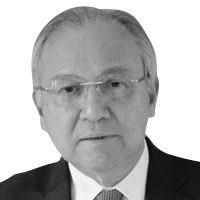
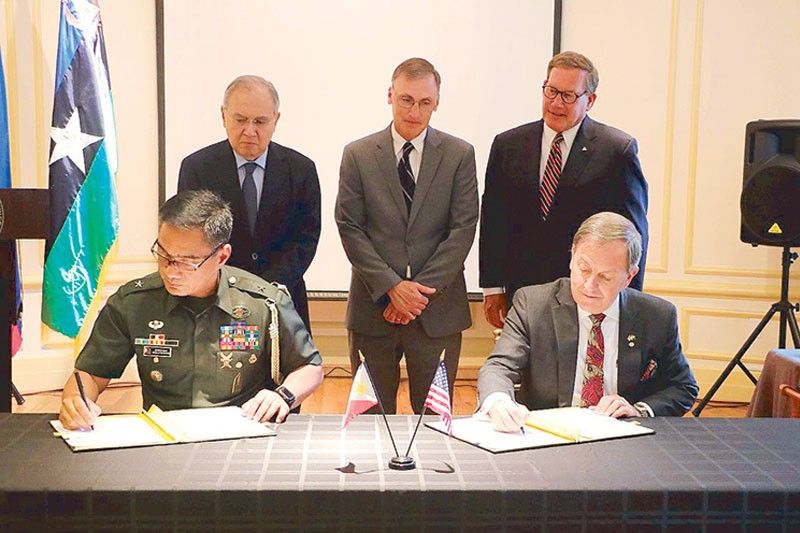
Education is the great equalizer. It empowers people, giving them the hope and courage to dream of a better life. However, poverty prevents children, especially those in the countryside, from obtaining education. What makes the situation even worse is when their fathers are soldiers who are killed in action, leaving them helpless with no means to support their studies.
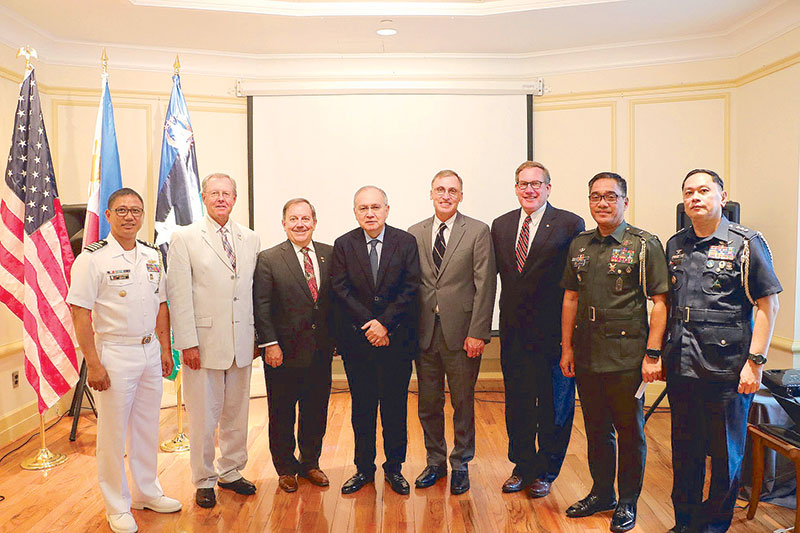
With (from left) Assistant Defense and Armed Forces Attaché Capt. Jesus Portiz, retired US Navy Captains Brian Buzzell and Charles Dixon, David Graling, Capt. David Jackson, Brig. Gen. Marlo Guloy and Col. Amado dela Paz.
It is this kind of reality that prompted the establishment of the Armed Forces of the Philippines Educational Benefit System (AFPEBS) in 2000 to provide educational scholarships and other forms of assistance to dependents of military personnel, especially soldiers who were killed in action.
The morale and welfare unit of the Philippine military, the AFPEBS’ main source of funding for scholarships and other programs for beneficiaries comes from the percentage allocated from firearms and licensing fees. It also partners with various academic institutions, private organizations, corporations and business groups all over the country — numbering 292 — that support the AFP’s objective to subsidize the education of soldiers’ children.
To date, there are close to 4,000 AFPEBS beneficiaries all over the country. About 2,500 of them are dependents of soldiers killed in action such as the heroes of Marawi who died during the five-month battle against the ISIS-affiliated Maute and Abu Sayyaf terrorist groups from May to October 2017.
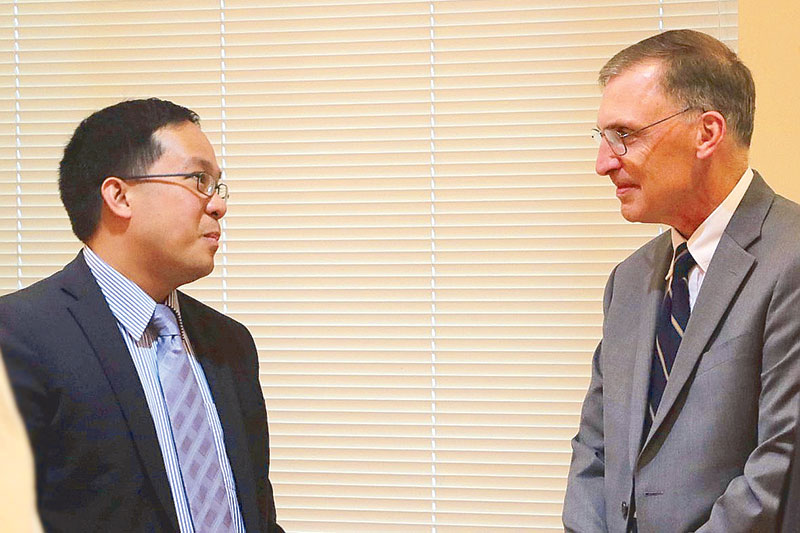
Minister Gunther Sales and David Graling.
Last Tuesday, the Philippine Embassy in Washington, DC arranged the signing of a memorandum of agreement (MOA) between the AFPEBS and the Military Order of the Carabao (MOC) for an Educational Benefit Program for qualified dependents of Philippine military personnel — giving these kids a fighting chance to break the chains of poverty through education.
Under the MOA, the MOC would grant $2,000 annually starting school year 2019-2020 and every school year thereafter for tuition, stipend and other educational expenses of the beneficiaries. The agreement was signed by retired US Navy Capt. Charles Dixon, representing the MOC, and Armed Forces Attaché Brig. Gen. Mario Guloy on behalf of the AFPEBS.
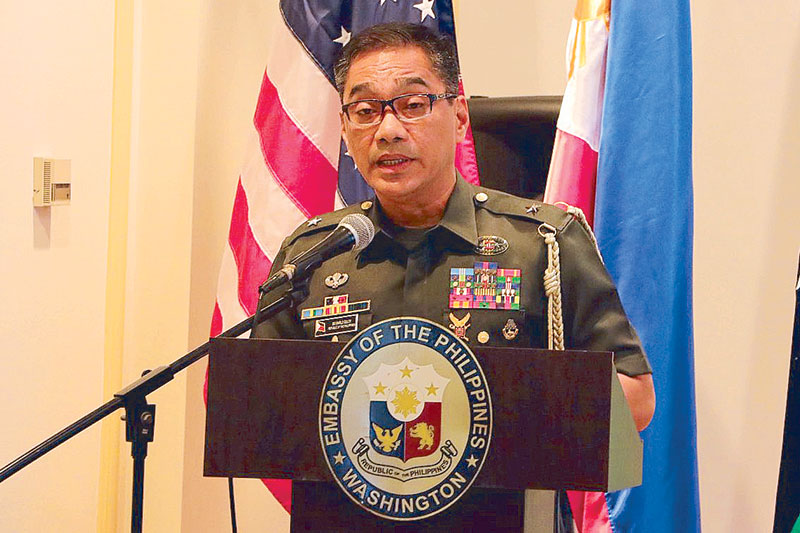
Brig. Gen. Guloy extends his gratitude for the financial grant from MOC.
Also with us during the signing ceremony were Assistant Defense and Armed Forces Attaché Capt. Jesus Portiz, retired US Navy Captains Brian Buzzell and David Jackson, David Graling, Col. Amado dela Paz, Office of Veterans Affairs head retired Commodore Elson Aguilar and the Philippine Embassy Deputy Chief of Mission Patrick Chuasoto, Economic Minister Jose Victor Chan-Gonzaga, Consul Shirley Flores and Public Diplomacy officer Darell Artates. Minister Gunther Sales emceed the short program.
The Military Order of the Carabao is a social club open to US military officers who served in the Philippines or on overseas military campaigns, and war correspondents. The MOC was founded at the Army-Navy Club in Manila in 1900 by US Army officers as some sort of satirical response to the grandiose-sounding Military Order of the Dragon founded by those who defeated the Boxer Rebellion in China also in 1900.
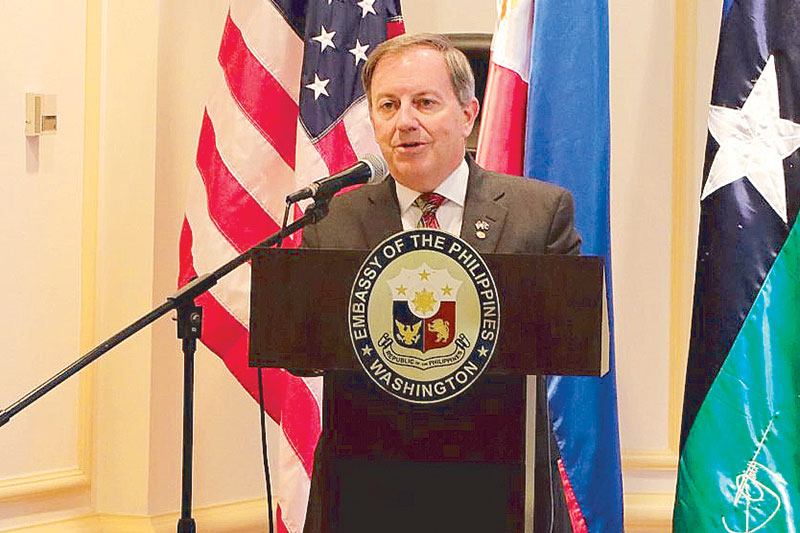
Capt. Dixon delivering his remarks during the brief program.
What started out in jest, however, soon became a serious undertaking with prominent members over the years such as Maj. Gen. Ulysses Grant, Gen. John Joseph “Black Jack” Pershing, congressmen and senators. Honorary membership is conferred on the President of the United States as well as the Philippine Ambassador to the US. *















